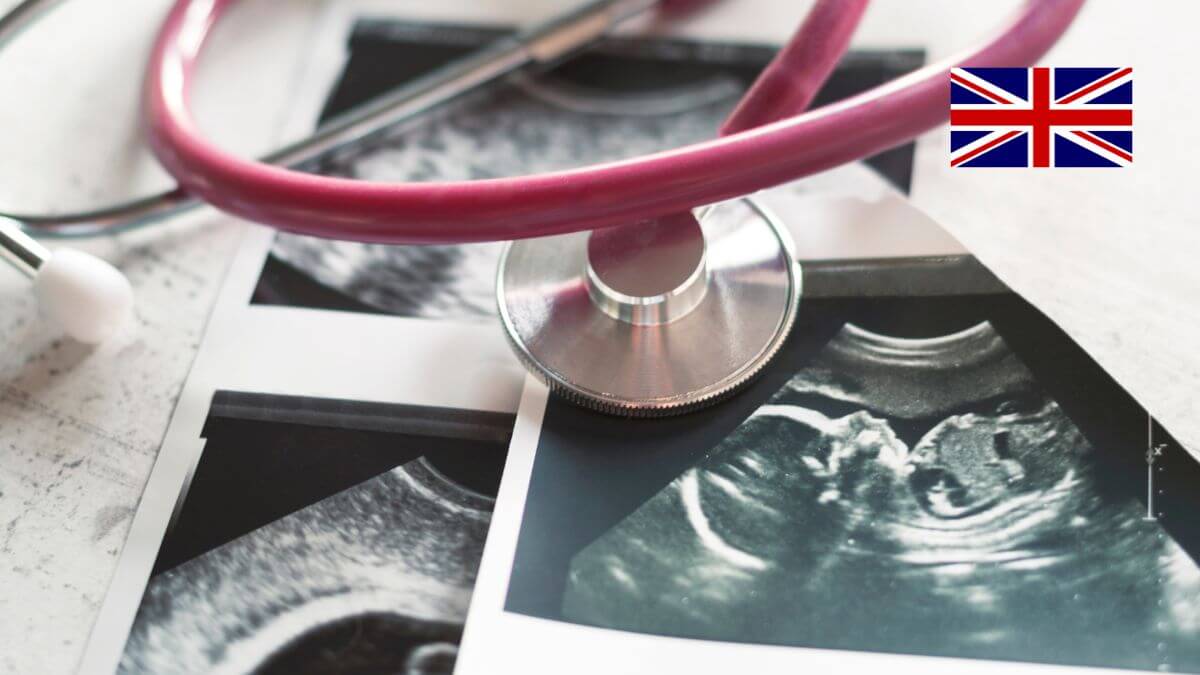UK Study – Fertility rates plunge to decade low with biggest dip in female graduates
Women of all backgrounds had fewer children over the past decade, but a study found the decline was particularly sharp among the well-educated.
Female graduates have delayed having babies later than less-educated women, University of Oxford research has found.
Women of all backgrounds had fewer children over the past decade and did so later in life than in previous years. But a study published today in the journal Population Studies found the decline was particularly sharp among mothers with well-educated parents and who themselves went to university.
Professor John Ermisch from Oxford’s Leverhulme Centre for Demographic Science, who carried out the research, said: ‘Previous research has shown education is an important indication of a woman’s fertility.
‘Whilst other studies have investigated differences by a woman’s education, this study is the first to combine both parents’ education and a woman’s own education.
‘This helps differentiate fertility further than either generation’s education in isolation.’
His analysis found that women with low education, with parents who likewise did not go on to higher education, had on average 2.3 children between 2010-12.
But the figure had fallen to about 1.6 by 2017-20.
The total fertility rate of women who were highly educated like their parents dropped from 1.8 to 1.4 over the same period.
And the mean age at childbirth also rose over the decade, from 28 to almost 29 among the least educated and from 32 to close to 33 among the highest.
Overall the fertility rate in England and Wales fell from 1.94 in 2010 to 1.55 in 2021, the lowest level on record.






